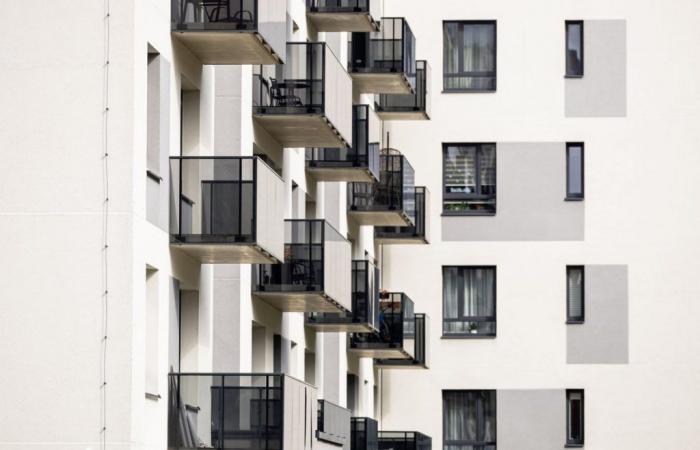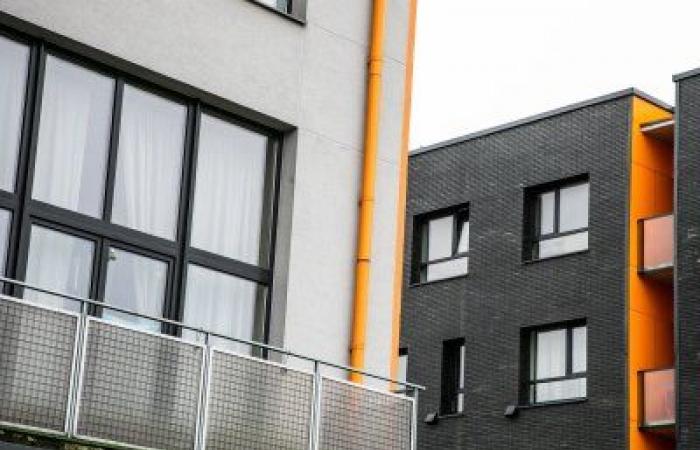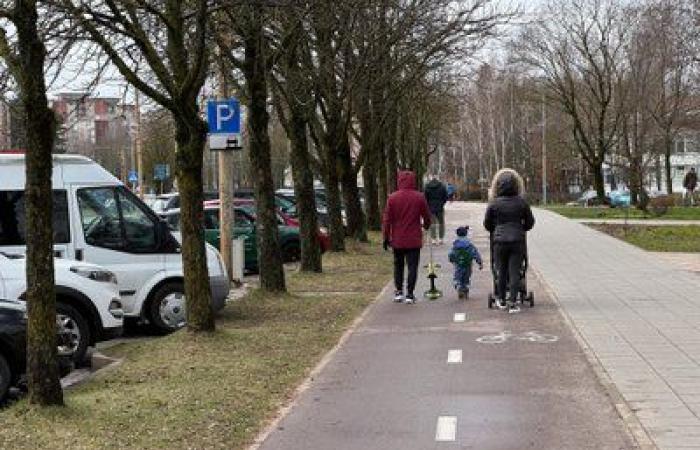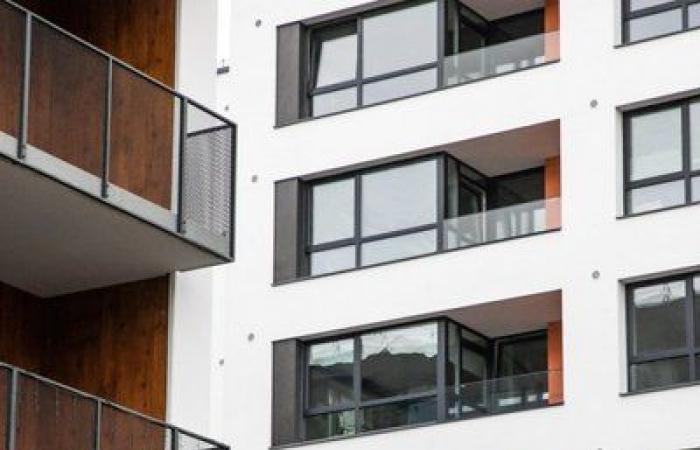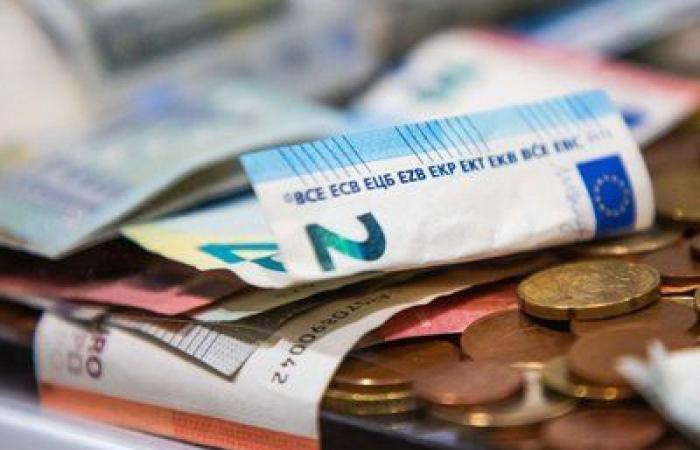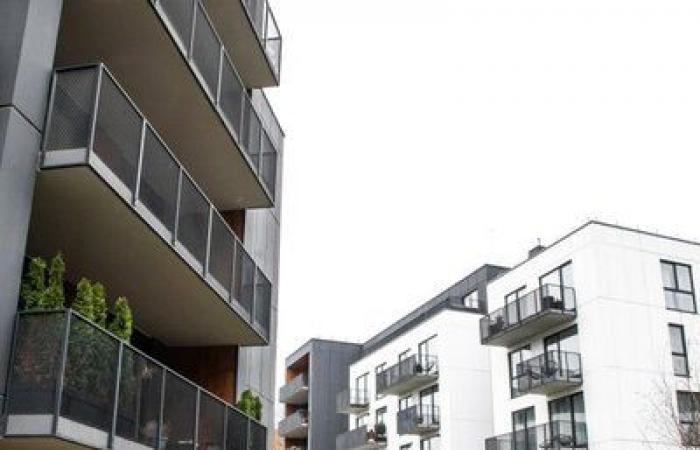The set goals were not achieved
As stated by the Deputy Minister of Social Security and Labor, Martynas Šiurkus, the purpose of the law, which was created and adopted in 2018, was beautiful and correct – to contribute to the recovery of regions, their strengthening, the reduction of social and economic differences between regions and the promotion of even, sustainable development throughout the entire territory of the state .
“The goal was to have as many people return as possible, leave as few as possible, increase the birth rate and so on. In one word, with one shot, we wanted to shoot all those bunnies, to do everything,” he said.
However, according to M. Šiurkaus, when the opportunity arose to perform a detailed analysis of such intentions, it turned out that the desired result was far from being achieved.
“Most of that support did not go to the regions, but to the ring municipalities around the big cities – around Kaunas, Vilnius and Klaipėda, which is self-evident, because people choose to be where there are the most jobs and the most opportunities. Then the goal that was set – we saw that it was not really achieved.
Plus, there were no such safeguards as a maximum home value in the law. The home to buy was also a luxury home and you could still get a subsidy because it wasn’t income assessed. There are very few states, at least I have not found, where income is not assessed. If you earn and, as an example, you have very rich parents or some kind of business – you can still get that subsidy, because your income is not assessed. The only criterion was that it must be your first home,” said the Deputy Minister of Social Security and Labour.
In addition, as M. Šiurkus noticed, the fact that a large part of the support went specifically to the ring municipalities had an impact on the housing market itself.
“As I mentioned, most of that support went to ring municipalities and a very significant part to Klaipėda district municipality. There has already been a certain influence on the housing market, and housing purchased with a subsidy, as analyzed by the Bank of Lithuania, was more expensive than one purchased without a subsidy. This means that we, having a higher demand than the supply, only gave priority to someone, causing the housing prices ourselves, thus financing inappropriately,” he explained.
Arguments do not convince everyone
There were more set goals that, unfortunately, were never achieved, and all of this had an impact on the fact that the order was fundamentally changed. True, the logic of the new order does not satisfy everyone. Audrius Narbutas, a doctoral student at the Kaunas University of Technology, said in the program that not all the arguments put forward by the vice-minister, as a result of which the procedure for awarding subsidies is being changed, convince him.
“There may be isolated cases when some abuse was attempted, but we must understand that if someone already had the opportunity to abuse, and, let’s say, had his own business, then the alpha and omega of the municipal budget is GPM. Such a person probably has a high income, pays much higher taxes, which are then used for the entire welfare of the municipality. Whether it is necessary to limit it – this is a matter of debate, but that such a person alone brings harm – here is a complete lie,” he shared his insights.
The interviewer also discussed the argument made by the vice-minister about changes in real estate prices.
“It is certainly possible that prices could have risen episodically somewhere, for example, in the Klaipėda region. Why is Klaipėda district the first? Why not Kaunas district, for example? In no small part because their strategists worked well, they saw that there was an opportunity to attract young families to the region and they did it,” said A. Narbutas.
He said how the procedure for issuing subsidies will change
As M. Šiurkus emphasized, state money must be used responsibly.
“We cannot divide them left and right. This is taxpayers’ money,” he said.
So, now, after a more detailed analysis of the situation, it has been decided to change the procedure for granting subsidies to young families.
“We see and understand that a person will move to a place where he has opportunities to earn, receive services, raise children, if we are talking about young families. Therefore, one of the essential things in our changes now is that priority should be given to those families in the waiting list, to those persons to whom the municipalities themselves contribute.
For example, Alytus, Akmene municipality – it seems to me that they themselves give 5 thousand to attract people. If a family of doctors comes, they give 30,000 or 50,000 – these are really huge sums”, pointed out M. Šiurkus.
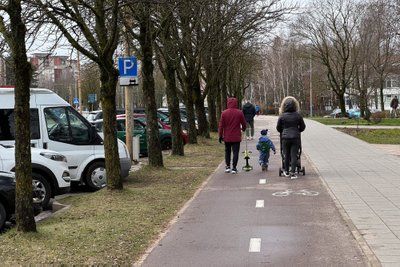
According to him, such investments have a clear economic return for the municipalities themselves.
“All your investments will pay off in two years. When we say: we are building fountains here, multi-million stage shows and the like, but somehow those people don’t move and live here, first of all there should be jobs, municipalities could also contribute to the support we are offering now.
It is decreasing due to the fact that the maximum limit, which used to be provided and which you could get as a percentage depending on whether there is one child or two, is changing. Now we say that it should be from 87 thousand of the maximum credit amount, half of the down payment. It means 7.5 percent, it will be 6525 euros. The municipality itself could contribute the other part. That mechanism would really work, most of the mayors also agreed to it. There was dissatisfaction from the mayors of big city districts, but we found a certain compromise there as well”, said M. Šiurkus.
As the vice-minister said, the development is really taking place in the municipalities that take more initiative themselves.
“For example, Molet. There are already new apartment buildings being built in a tiny block like this, and a newly built 3-room apartment costs up to 120 thousand euros. So, the municipality itself assumes some part of the costs, probably engineering things and the like, and in this case, it provides the opportunity to purchase quality housing either for the same residents or for newly arriving people”, said M. Šiurkus.
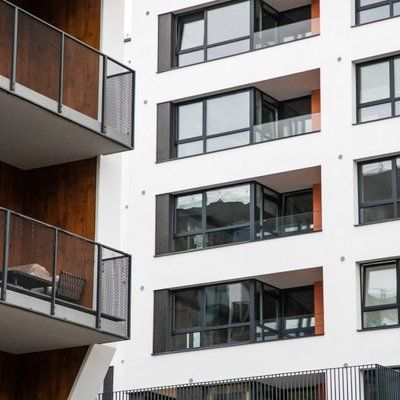
He did not spare criticism of politicians’ decisions
A. Narbutas, PhD student of Kaunas University of Technology, criticizes the changes proposed by the government. The interviewer explained why, in his opinion, such proposals would only benefit people less. First of all, according to A. Narbut, it would be worthwhile to look back not at success stories, but at real issues in the real estate market.
“If we think that it will cost 120 thousand euros to build a new house, and apartment buildings are built where very large investments come – Molėtai is a success story only because it has Arvydas Paukštis. Basically, we have many media interviews with Arvydus Paukštis, where he has said: I came there because this is my native land and I want to raise it from the ashes. Well, maybe not from the ashes, but to a new level. Many thanks to such leaders. Such leaders are needed in Lithuania, but not every municipality has one.
If we are talking about the same Akmene, why did the situation improve in Akmene? Because Akmenė had a LEZ to which the Western Wood Group came. How do free economic zones (LEZ) appear in Lithuania? Laws are coming. How many laws has the current government proposed to form new SEZs next to other municipalities? Not one,” he said.
In general, according to A. Narbut, it should be understood that the 7.5 percent that is offered now clearly indicates that young families will be offered a significantly lower amount of benefits.
“It will be 100 percent less unless we have great leadership in the municipalities.” And now that leadership could exist in municipalities, because even the current system does not prohibit self-government from contributing, and those municipalities that contribute are supported as good examples. So, families will definitely get lower benefits, but there is another point – now we have queues. They are problematic only in one aspect.
The family cannot form a real estate transaction until they receive the certificate. Let’s just make a system that the family and the properties they buy are eligible for the support program and let her shape those deals and those letters will stop. If we expect that the person selling the real estate will wait a very long time, and that family will feel comfortable waiting in line for two years to receive support – that will not happen”, emphasized A. Narbutas.
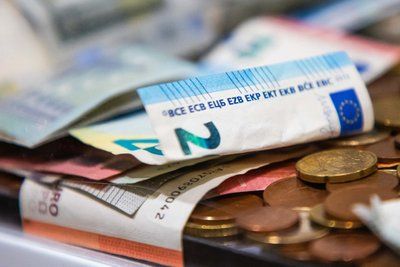
Thus, A. Narbutas proposes to stay with the same existing amount, and implement changes in completely different areas.
“We’re sticking to the same amount, we’re changing the systems so that it’s just enough to qualify, especially since every family that gets their turn and qualifies still gets it today.” Let them form deals, move into those houses, and a huge part of the problems will end. Maybe not 100 percent of all cases, but the majority of cases will resolve naturally,” he said.
M. Šiurkus himself reacted to the thoughts expressed by the interviewer.
“Audrius got into such completely technical things here. Audrius says that municipalities can now contribute. Well, you can’t contribute them, because, quite simply, they don’t affect the formation of the queue. We propose that funds are allocated, technical matters, and how those funds could be announced – this is a matter of sub-legislative legal acts and we will arrange those matters. How does a solar subsidy work, for example? Funds are allocated, people apply and that’s it. I think that if every 2 or 3 months such support was renewed and allocated – here the decision is not really made in such a way that today I decide to buy a house and tomorrow I buy it. People still think, choose and so on,” he said.
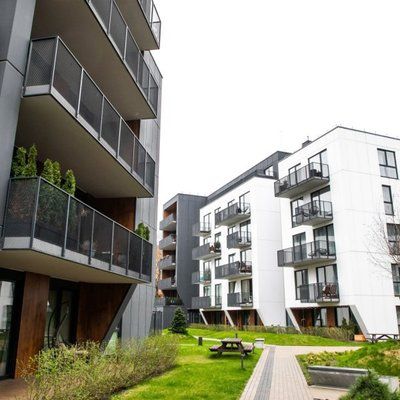
Besides, according to the vice-minister, the most important thing in this place is to say one thing.
“Competition between municipalities, which is really huge now without state support – it could be combined. In such a case, for the same funds, more young families could definitely benefit from that financial incentive and the contribution of municipalities – it will widen the circle of recipients and, I think, many more young families will be able to receive support than they were receiving now,” said M. Šiurkus.
You can find the entire interview on the News Radio portal:
April 23 After the discussion, the Seimas approved the draft law prepared by the Ministry of Social Security and Labor (SADM), which aims to change the model of providing financial support to young families.
The draft law envisages that the financial incentive would be provided in the regions and to ring municipalities and municipalities with resort status.
The size of the subsidy should be 7.5 percent. housing loan amounts (maximum loan amount – 87 thousand euros). The maximum value of the housing to be purchased should reach 120 thousand. euros. This would make it possible to use the financial incentive for a larger number of young families, and more than twice as many requests could be granted.
The project envisages that housing construction financing should be waived. In the case of construction, the subsidy is paid only after the construction is completed. The obligation to declare the place of residence in the purchased housing is also established, thereby ensuring the payment of personal income tax in the municipality where the housing was purchased.
It is proposed to abandon the creation of a waiting list for support and it is envisaged that applications will be accepted only if funding is available.
It is also aimed to establish the provision that the subsidy must be returned if the house is sold within 5 years (instead of the current 10 years) from the date of its purchase.
Tags: procedure providing subsidies home changing admits previous model caused prices rise

